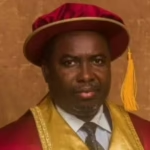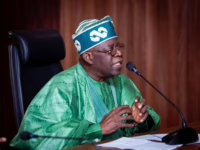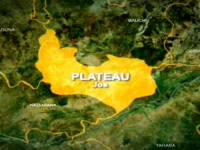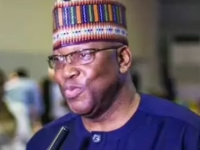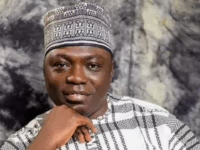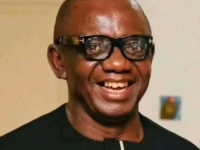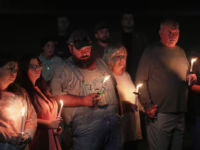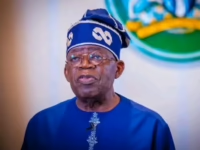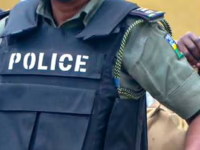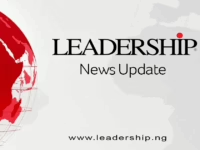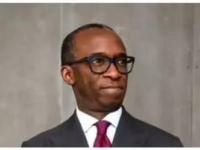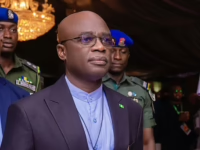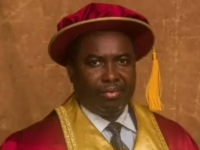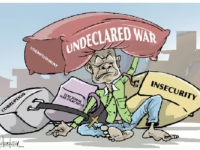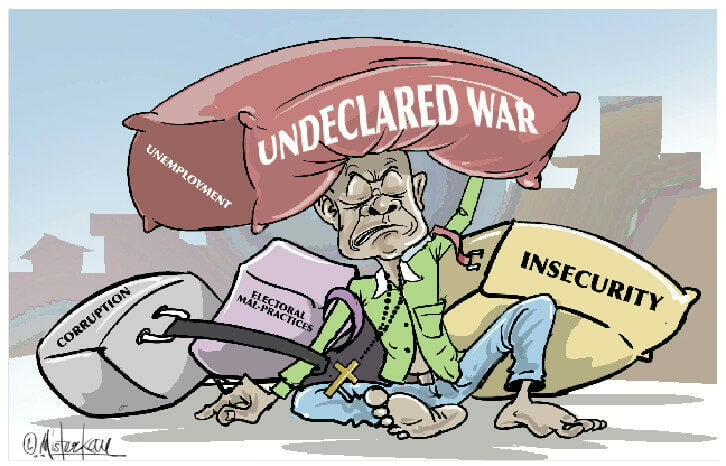Recently, the United States asserted that Nigeria is embroiled in a religious conflict, specifically highlighting the persecution of Christians. The Nigerian authorities swiftly refuted these allegations. Nonetheless, the undeniable reality is that Nigeria is engulfed in a covert conflict that demands urgent and direct attention, even if one is cautious about exacerbating the situation.
Government officials have long maintained that some of the ethnic clashes, particularly in the northern regions, stem from deep-rooted animosities linked to historical disputes over land and natural resources.
It is evident that attacks on churches, often attributed to Boko Haram militants, create a perception of Muslims targeting Christians. Northern Christians have frequently contended that if a Christian extremist group existed, the outcry from Muslims would be overwhelming.
Demographically, Christians predominantly inhabit the southern fringes of northern Nigeria. When Boko Haram struck towns like Chibok and its environs, outsiders unfamiliar with the area’s population makeup assumed these assaults were solely motivated by religious targeting of Christian communities.
Advocacy from the United States
American voices have been vocal about what they perceive as a Christian genocide in Nigeria. Comedian Bill Maher, for instance, stated, “Though I am not a Christian, I recognize that Christians in Nigeria are being systematically targeted. Since 2009, over 100,000 have been killed, and 18,000 churches destroyed by Islamist groups like Boko Haram.”
U.S. Congressman Riley More appealed to Secretary of State Marco Rubio to classify Nigeria as a Country of Particular Concern (CPC), recommending a halt to arms sales and technical assistance. Senator Ted Cruz took a sterner stance, accusing the Nigerian government of “turning a blind eye and even enabling the mass slaughter of Christians by Islamist jihadists.”
“Nigeria has become the most perilous place globally for Christians, and the U.S. must not remain passive,” Cruz emphasized. He urged the use of all diplomatic measures, including the CPC designation and suspension of military support, until Nigeria demonstrates a genuine commitment to ending the persecution.
In response, the Nigerian government categorically dismissed these claims. Bayo Onanuga, Special Adviser on Information and Strategy to President Bola Tinubu, labeled Cruz’s accusations as “fabricated and malicious falsehoods.”
Meanwhile, leaders from the Baptist Theological Seminary, following their 65th Annual Conference in Kaduna, affirmed that Christians in Nigeria face various forms of persecution but appealed to the U.S. not to add Nigeria to the CPC list.
Complex Ethnic Dynamics
Despite these narratives, those intimately familiar with Nigeria’s socio-political landscape reject the notion of a straightforward religious war. Instead, the conflict is often intertwined with ethnic rivalries and territorial ambitions, sometimes exacerbated by foreign fighters brought in to support their ethnic kin.
The recent massacre in Yelwata, Benue State, underscores the chaotic state in some regions. The village, predominantly Christian (about 98%), also hosts internally displaced persons fleeing earlier attacks by Fulani militias.
Similarly, in Plateau State, a government-commissioned fact-finding mission led by Major General Nicholas Rogers (Retired) revealed that over the past twenty years, 420 communities across 13 Local Government Areas have been decimated, with nearly 11,749 lives lost.
The report detailed the extent of devastation: 35% loss of livestock, 32.5% displacement of populations, 16.8% destruction of food reserves, 9.9% damage to housing, and 3.4% illegal land seizures.
While insecurity and ethnic cleansing by armed militias-often labeled as “imported Fulanis”-are undeniable, framing the violence as a purely religious conflict between Christians and Muslims oversimplifies the reality.
The pressing challenge lies not in religious polarization but in addressing the underlying environmental and economic struggles quietly ravaging the nation.
External Influences and Sovereignty at Risk
Amidst debates over religion and ethnicity, Nigeria’s sovereignty faces threats from foreign powers collaborating with local collaborators, shielded by mercenaries. Although China and France may deny involvement, many Nigerians perceive a direct link between their mineral wealth and the ongoing localized conflicts.
Reports suggest that recent violence surges in Kogi, Kwara, and Oyo states are driven by the discovery of mineral deposits. Local residents are often unaware of the resources beneath their feet. Foreign engineers and geologists, sometimes affiliated with infrastructure projects, identify these deposits and then facilitate armed groups to forcibly clear inhabitants from these areas. The Sahel region is notorious as a hub for arms trafficking and mercenary recruitment.
This “clear-and-occupy” tactic has been effective in northern states, where bandits control vast territories and operate unregulated mining operations, causing severe environmental degradation. Unfortunately, this ruthless approach outperforms local governments, many of which have become complacent, focusing more on revenue collection and misappropriation than on development.
Locally, it is alleged that influential businessmen and politicians, upon discovering mineral-rich zones, inform their foreign partners, who then coordinate with Fulani militias and other armed factions-sometimes from neighboring countries like Mali, Chad, or Niger-to terrorize residents into abandoning their lands. This orchestrated displacement facilitates unchallenged mining access.
Massive Economic Losses
Experts estimate that Nigeria forfeits approximately $9 billion annually due to illegal mining activities. Gold from Zamfara is smuggled abroad, financing terrorist operations. Similarly, large quantities of lithium disappear from Nasarawa and Kogi, exported while local communities remain destitute or displaced.
In a nation where denial often prevails, identifying perpetrators by ethnicity may be criticized as ethnic profiling. However, recognizing these armed groups by their language and origins is crucial to confronting the menace effectively.
We have long surpassed the point of gentle warnings. This column has repeatedly urged the government to implement immediate measures while restructuring and strengthening the armed forces to safeguard the nation’s future. Presently, deploying private military contractors to eliminate terrorists-regardless of their affiliations-is imperative.
Our preoccupation with looking over our shoulders has hindered progress. Envision the transformation if this covert war were eradicated from Nigeria’s list of challenges-life here would be immeasurably improved.


